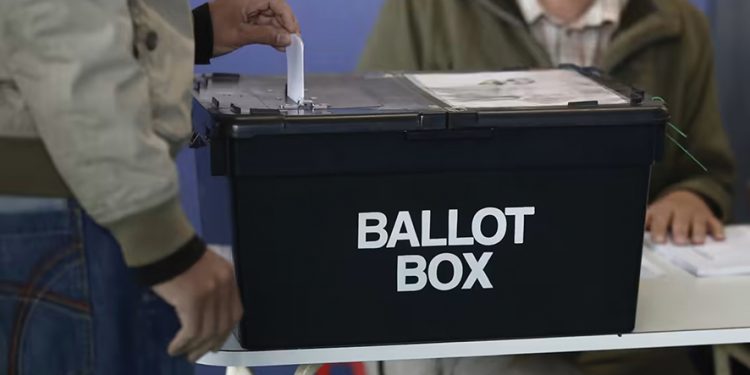The time of election fever is approaching our edgy and oversensitive society; its inner political mainspring tightening and ready to trigger massive hypertonic and cardiovascular excesses in our everyday life, which in principle sees us asking simply for more bread-and-butter than ideological nourishment.
The more or less educated voters, especially the ones who are well-versed in matters economic, may wonder if they should go and cast their not-particularly-appreciated vote at all, spending time, nerve and energy on something that will never kick back in any rewarding way. We vote because voting is a traditional socio-political obligation; a civic duty driven by a certain democratic predisposition; an undying instinct, if you wish, that we could certainly live without, but which the dictate of our public conscience urges us to do nonetheless. People vote with an overblown conviction that their vote matters. That’s why they try not to miss the opportunity to cast their votes at that responsible instant, if only so some funny dude gets elected to grab the reins of ruling the nation.
Economists, however, know better what they are doing and why. A strong economic expert might of course go to a polling station (he too has a civic duty in his heart of hearts and at the back of his mind), but will do this with a smattering of cynical deliberation: Why am I doing this? I am spending time and taking pains, but I am not making any fiscal progress here. Nobody does, but they are not aware of the inner pecuniary crux of elections as such. The process is devoid of any economic advantage. It is only packed with political suppositions that might turn out to be wrong or right, fifty-fifty. The entire electoral marathon, taking place within an extremely intricate technical and behavioral network, purports only a chance (No certainty!) of making a political choice, and that faithfully-made choice has the potential to yield a disastrous result. Such political fruits have many times been harvested in this country in those post-soviet apprehensive decades.
Why would an economist hit the voting booth with bigger doubts and idiosyncratic qualms than a regular voter? Because an economist is better versed in the arithmetical means and ways the nations operate to feed their populations. I have read a couple of American authors in the economic field, among them Levitt & Dubner, who confidently maintain that an economist knows quite well that voting involves costs like time, effort, money and even lost productivity, with no discernable payoff except a vague sense of the diligently performed civic onus. I can’t help quoting Patricia Funk, Full Professor of Economics at Università della Svizzera Italiana, who commented in one of her papers almost two decades ago that a rational individual should abstain from voting. Isn’t this thought utterly entertaining?
If we continue listening to the arguments put out by the above-mentioned eccentrically thinking economic gurus, we will hear that the odds are in favor of our vote being unlikely to affect the outcome of any given election. Notwithstanding their obstinate presumption, hundreds of millions in the world hurry to give their vote, among them our Georgian electors, in the strong belief that they can make a difference. On the other hand, they might have reason to act that way. Once again, I would like to allude to the research by Levitt & Dubner, who would not hesitate to suggest the following as corroboration of those reasons: firstly, we, the contemporary voters, might not be astute enough to believe that our vote has no power to affect the voting consequence; secondly, we might not be smart enough to discern between elections and the lottery, which is a bad investment; and, thirdly, we might be strongly convinced that voting is our inevitable civic duty that has to be executed whether we want it or not, so that we don’t find ourselves guilty for not having voted.
Now, imagine if all of us thought the way the economists do, there might not even be such a thing as elections. So what to do? Nothing looms as yet on the horizon more practicable than our old and long-approbated democratic ways, whether good or bad. But the general progress of Mankind is still ongoing, and the invention of some smarter things might still be in store for all of us to enjoy someday in the future. Hopefully in the foreseeable one!
Op-Ed by Nugzar B. Ruhadze














